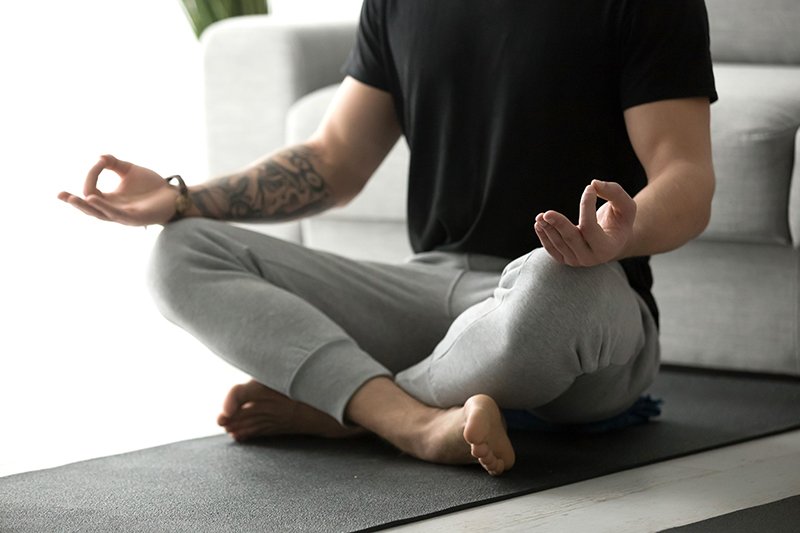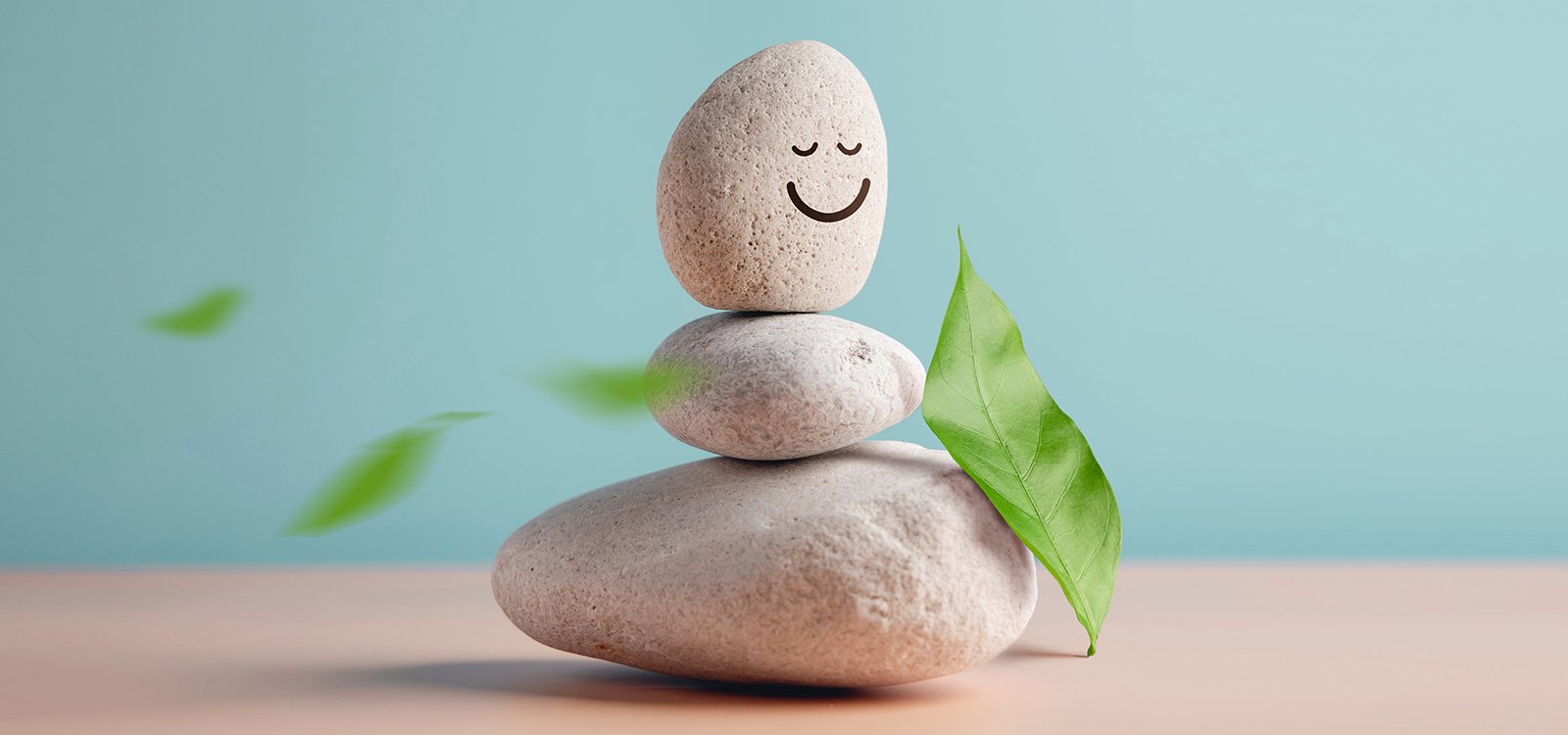How Often Do You Feel Tired Of The Daily Flurry? If ‘Very Often’ Is What Comes To Your Mind, We Have Your Back To Help You Feel A Little Better From The Inside With A Lot Of Calmness Coming Your Way. Read On.
In the whirlwind of our modern, fast-paced lives, stress and anxiety often play the role of unwelcome companions. Amid the hustle and bustle of the day-to-day existence, it’s all too easy to find ourselves trapped in the chaos of relentless schedules and mounting pressures. But fear not, because there is an oasis of serenity waiting to be discovered.
As World Mental Health Day approaches in October, we invite you to step away from the persistent pace of life and set on a journey. This time, we’ll go through a world where seeking mental health becomes the antidote to the battle of everyday grind, and where hobbies and exercises are the keys to finding inner peace. Within these pages, you will encounter a carefully curated selection of activities especially outlined to calm your mind amid the chaos. These practices seamlessly integrate into your busy life, transforming the quest for mental well-being into a vital art form. After all, a relaxed mind is always a healthy mind.
Let us guide you towards a path of tranquillity where the pursuit of inner calm aligns with the luxury of self-care.
1. GARDENING

No, that’s not just for the nature lovers. While many people like to adorn their gardens to brush up on the outlook, this activity also calms the human mind. We all know that according to science, the human body is made up of 5 elements – air, water, earth, fire and ether. All of these belonging to nature justifies the human connection to nature. Thus, getting outside to do
some gardening or yard work has several beneficial effects on your mental health.
Did you know it has been proven as an effective way of countering stress and anxiety? Well, now you do know. Go grab your shovel or garden fork and get into the mud to feel calmer and lighter from the inside. Put your hands in the soil and let Mother Earth heal your spirit.
2. MEDITATE

If you are one of those who get intimidated by this well-researched stress-relieving technique, we get you. But trust us, once you give a try to this very easy and effective activity, even for a short duration, you will find that this is what you needed all this while. When you get started with meditation, keep your focus on breathing first rather than trying to vacate your mind. While there are numerous breathing techniques, slow breathing is the jack of all trades. According to various research, slow breathing can potentially soothe your nervous system.
If you were to take our advice, trying 4-7-8 breathing pattern while meditating can manage your emotions such as anxiety, anger and restlessness. Not only this, it can also help you get better sleep at night because your mind will be calm and relaxed.
3. MUSIC AND DANCE

Ready for some fun? Here you go! Listening to your favourite music while exercising is believed to reduce stress and anxiety more than anything. But it’s time to make the exercise enjoyable by adding some upbeat movements and dancing like no one’s watching. So, put on your favourite music playlist and do what your mind and body feel like. Another way to relieve stress is to dance to music that reminds you of a joyful period in your life. This can bring back pleasant memories. Nevertheless, it should be noted that not everyone enjoys dancing, even by themselves.
People with anxiety and depression have been demonstrated to benefit from dancing. Dancing along to your favourite tunes is a terrific way to lift your spirits. It has several advantages over just making you feel good. It can make you feel less lonely, more adventurous, empathic, and able to build deeper relationships.
4. JOURNALING

It’s possible for folks in our fast-paced society to have racing thoughts and overpowering emotions. People who experience these may become incapacitated as a result, which will make it difficult for them to function and go about their regular lives. Writing down one’s feelings and ideas on paper can help a lot.
A person can write whatever is on their mind for 5–15 minutes or longer, keeping a running log of their current ideas. People are forced to slow down, arrange their thoughts, and concentrate on each one at a time since they can only write one thought at once. Writing in a journal can help people acknowledge their anxiety-related emotions, get more insight into their worries, and identify patterns.















